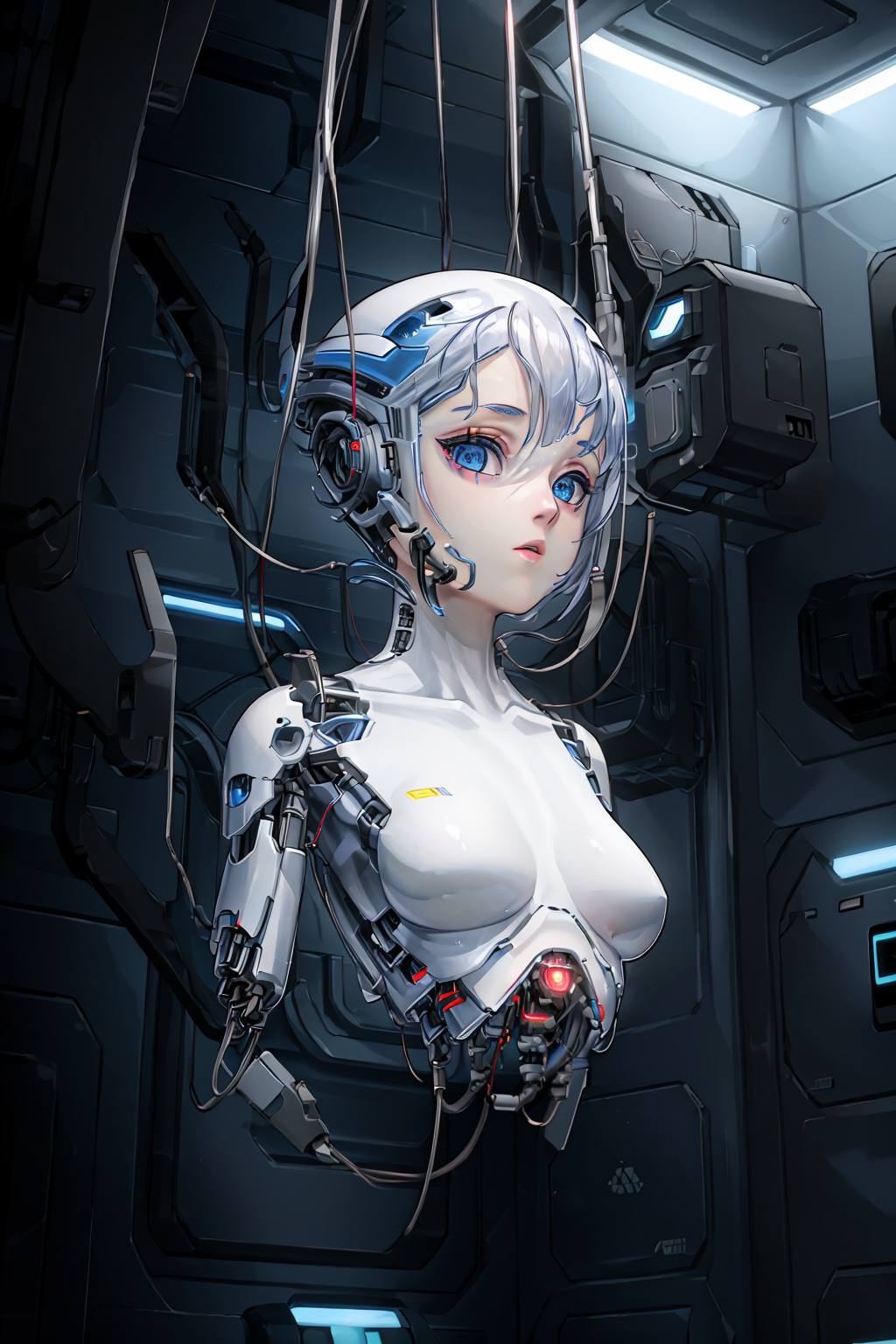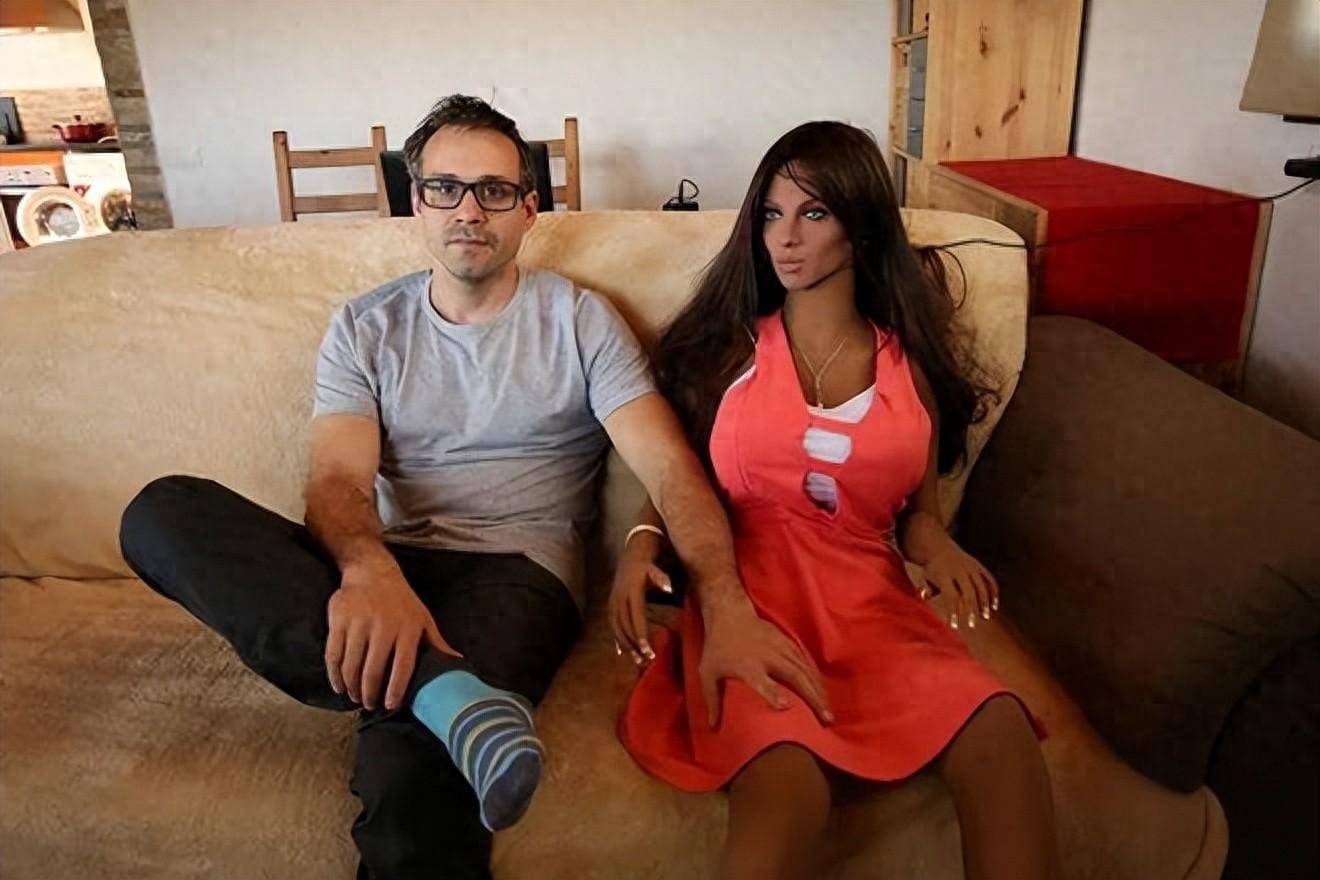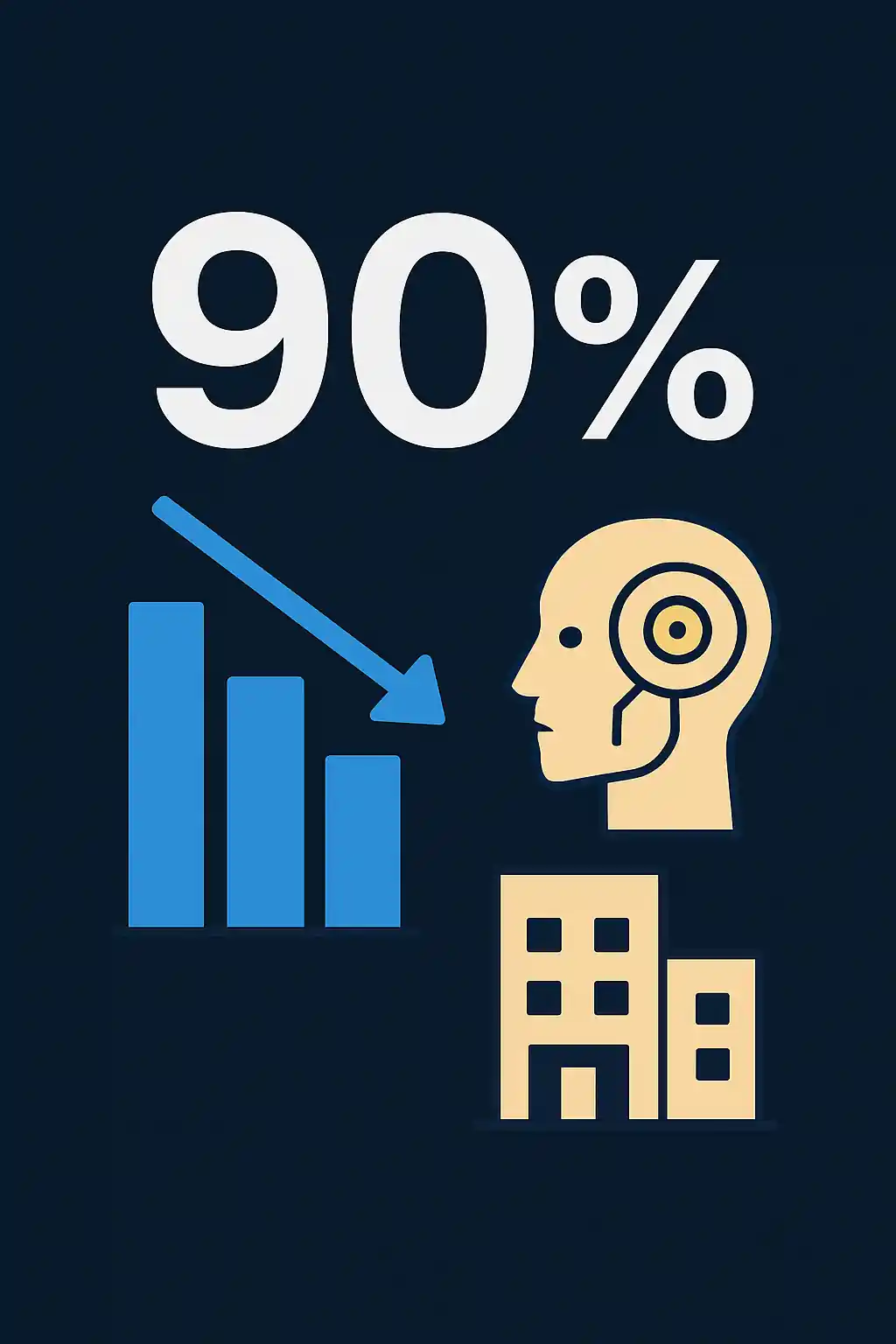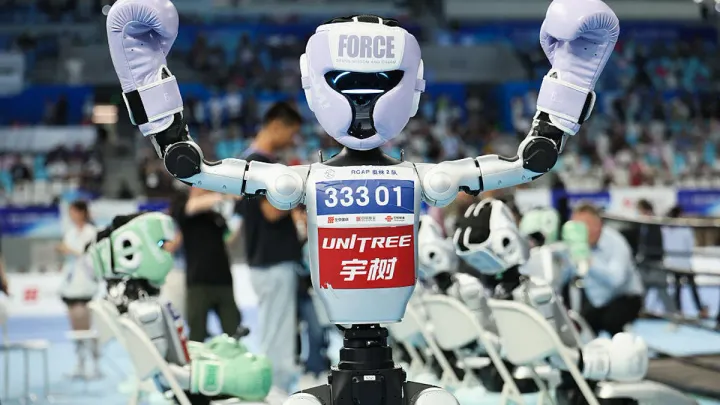The Rise of Human-Robot Relationships and the Societal Implications
Discover how human-robot bonds are reshaping society, raising ethical questions, and challenging what it means to connect in the future.

Welcome to a New Era of Relationships 🤖❤️
Human-robot relationships have moved far beyond the realm of science fiction. With advances in AI and robotics, the idea of forming emotional, even intimate, connections with robots is becoming an accessible reality. Recent surveys reveal nearly half of American men are open to such relationships, sparking lively debates on where society is headed.
So, why are so many people warming up to the idea of chatting with—and maybe even loving—a robot? Let’s dive into the fascinating world of these mechanical companions and the ripple effects they cause in our daily lives.
The Mechanical Charm: Why Robots Appeal 💬✨
At first glance, robot companions might seem like a novelty—glossy, futuristic, and a little bit sci-fi cool. But there are deeper reasons behind their growing popularity.
Human relationships can be wonderfully complex but also emotionally draining. Arguments, misunderstandings, and the need for constant emotional nurturing can make love feel like a full-time job. Here, robots swoop in as low-maintenance partners: predictable, steady, and non-judgmental. For stressed-out professionals or people with past heartbreaks, a robot friend—or more—can feel like a refreshing alternative.
Plus, advancements have gone beyond blinking lights and stiff conversation. Today's robots have realistic skin, temperature control, breathing motions, and the ability to recognize and respond to emotional cues. It’s enough to make anyone misty-eyed (or at least curious!). 🤔
Not Just Fun and Games: Societal Implications 🌍⚖️
Despite obvious appeal, not everyone is on board. Women, in particular, tend to show lower acceptance, perhaps because true emotional intimacy is harder to replicate in a machine. Feminine perspectives often emphasize genuine emotional exchange—something despite all their programming, robots currently lack.
However, the comforting presence of robots offers tangible benefits. Elderly individuals facing loneliness, people with disabilities, or those struggling with social anxieties could gain much-needed companionship. Here, robots become helpers and friends, easing isolation with a warm digital touch. 💡
Yet, this brave new world brings complex ethical questions. For instance, when does a robot cross from being a tool to a 'partner'? What rights should these machines have? And could our growing reliance on robots disrupt traditional human connections? Cases like a scientist planning to legally marry a robot and have a child with it stretch these questions to their limits.

Balancing Tech and True Connection ❤️🔥
Robots may mirror human behavior and even fake emotions convincingly, but they remain artificial constructs. No matter how advanced, they lack the unpredictable magic of genuine human intimacy—the small imperfections, spontaneity, and deeply felt emotions that define love.
As society navigates this new frontier, it will be crucial to balance technological progress with the preservation of what makes us human. Robots can complement our lives, reduce loneliness, and offer companionship where human connection is scarce—but they are no replacement for authentic relationships.
Ultimately, the rise of human-robot relationships is a mirror reflecting our hopes, fears, and evolving definitions of connection in the 21st century. Buckle up—it’s going to be a fascinating journey! 🚀

